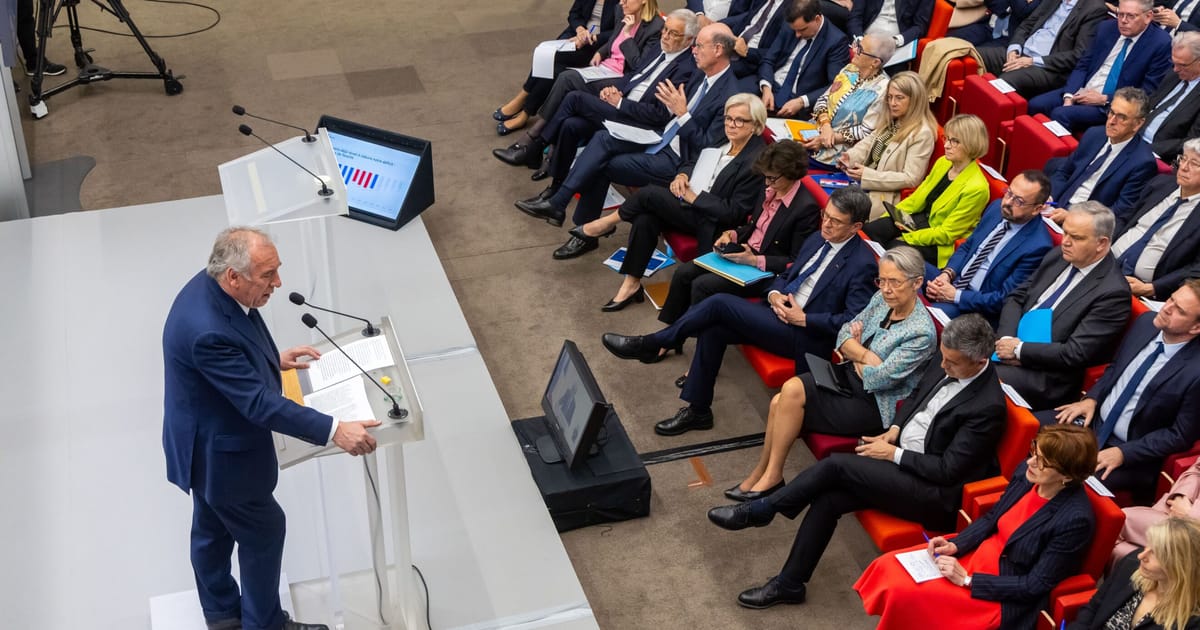

As economic landscapes continue to evolve across Europe, countries are reassessing their financial strategies and trade relations, highlighting the intricate balance between fiscal responsibility and global economic engagement. Recent developments in France, the United Kingdom, and the broader European Union reveal these interconnected dynamics.
The French government has initiated spending cuts amounting to an additional €4.7 billion this year as it endeavors to manage its budget deficit. This decision comes in response to France’s growing public debt, which has reached unprecedented levels. These fiscal tightening measures are part of a broader strategy to maintain economic stability while continuing to provide essential public services. France’s approach reflects a careful balance of fiscal prudence and commitment to long-term recovery and growth.
Meanwhile, the European Public Prosecutor’s Office has made significant strides in addressing fraudulent import activities involving Chinese goods. A comprehensive investigation has unveiled that criminal networks defrauded the European Union of approximately €700 million through these illicit imports. This crackdown underlines the EU’s ongoing efforts to protect its financial integrity and bolster trade security, ensuring that fair practices govern its international trade relations.
Across the English Channel, the UK is reinforcing its trade negotiations. British trade authorities, confident in their ability to lower the impact of existing tariffs, are particularly focused on reducing the 10 percent tariffs imposed during the Trump administration. According to trade chief Jonathan Reynolds, there is an optimistic outlook on achieving progress in these negotiations, which would potentially foster more favorable trading conditions between the UK and the US.
In parallel, the UK’s automotive sector may soon see significant developments with the potential establishment of a manufacturing plant by Chinese carmaker Chery Auto. The company has expressed interest in building its second European factory in Britain, as part of its ‘localization’ strategy to mitigate increased tariffs imposed by the UK and EU. Following the successful introduction of its brands Omoda and Jaecoo to the UK market, Chery Auto’s Strategic Director, Victor Zhang, notes a growing appetite for Chinese vehicles, which positions the company to further invest in local production capabilities.
Expanding the contours of European trade, business consolidation is also afoot. In Portugal, the acquisition of A Padaria Portuguesa by the Spanish company Damm has been approved by competition authorities. Founded by Nuno Carvalho fifteen years ago, A Padaria Portuguesa has become a staple with its network of neighborhood bakeries and approximately 1,000 employees. This acquisition is poised to enhance business synergies and expand market reach, ushering in new opportunities for growth within the Iberian Peninsula’s business ecosystem.
As these developments unfold, they collectively illustrate the ongoing adaptations in fiscal policy, trade negotiations, and business strategies across Europe. These initiatives are not only reflections of the challenges faced in a dynamic global economy but also of the opportunities that arise when nations and businesses remain agile and forward-thinking.
Source: {link}
